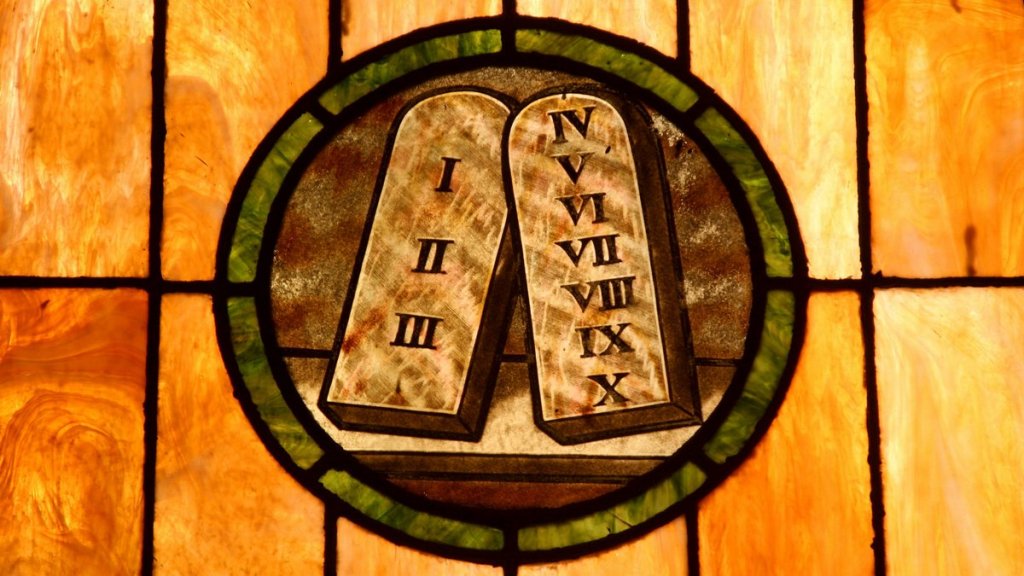
The late Brennan Manning once told a story about a new patient admitted to an alcoholic rehabilitation clinic. The patient, Max, appeared to be a healthy and respectable citizen. When grilled by the counselor over his drinking habits, Max described his behavior in a way that indicated he had no problem with alcohol.
The counselor was not convinced. “You’re a liar!” he shouted. “You drink like a pig.”
Max smiled, refusing to be drawn. He knew that his drinking was modest. He had nothing to be ashamed of.
The counselor picked up the phone and rang Max’s bartender. It turns out Max was drinking considerably more than he let on. Max exploded with rage. He swore at the bartender and spat on the rug. With a little effort he regained his composure.
His outburst was justifiable, said Max. Even Jesus lost his temper.
The counselor pressed further. “Have you ever been unkind to your kids?”
Max did remember some unpleasantness involving his nine-year-old daughter but he couldn’t recall the details. The counselor rang Max’s wife and got the whole story.
Max had taken his little girl shopping for a Christmas present and on the way home he had stopped at a tavern for a drink. He locked his daughter in the car promising he would be right out. It was an extremely cold day so he left the motor running.
At midnight, Max staggered out, drunk. The motor had stopped running and the car windows had frozen shut. His daughter was so badly frostbitten the doctors had to amputate two of her fingers. They said she would be deaf for the rest of her life.
Confronted by the horror of his sin, Max’s mask of respectability shattered. He collapsed on the floor sobbing hysterically. The counselor put his boot into Max’s side and rolled him onto his back.
“You are unspeakable slime!” the counselor roared. “Get out before I throw up. I am not running a rehab for liars!”
Manning’s point is that tough love is essential when you’re dealing with lying alcoholics. “In order to free the captive, one must name the captivity.” Before he can be helped, Max has to recognize his need for help.
The same is true of sinners.
If you don’t think sin is a serious business, then you won’t value the grace of God. You will be blasé about his forgiveness, and you will treat grace as a license to sin.
It’s not hard to find respectable sinners in church. They come in, like Max, with their masks of piety and put on a good show. They lead home groups and volunteer for the working bee. They tell a good story and make a good impression. But inside they are full of dead men’s bones.
The Apostle John was not fooled by outward appearances. Knowing his letter would be widely read, he speaks to the Maxes of the world:
If we claim that we experience a shared life with him and continue to stumble around in the dark, we’re obviously lying through our teeth … If we claim that we’re free of sin, we’re only fooling ourselves. (1 John 1:6, 8, MSG)
In other words, “You sinners who think you’re too good for Jesus and don’t need saving, you are unspeakable slime! Get out before I throw up. I am not running a church for liars!”
And yes, John uses the word “liar” several times in his letter (1 John 2:4, 22, 4:20).
And “murderer” (1 John 3:15).
John lays down the law so that those who think they are sinless will realize their true state. Indeed, this is one of the three uses of the law.
To clarify, in the opening chapter of his letter John is speaking to self-righteous sinners. He is not speaking to the dearly-loved children of God. His tone completely changes when he addresses “my little children” at the beginning of chapter 2.
Nor is he speaking to lost or broken people. He is confronting pretenders who had infiltrated the church. People who walk in darkness and have no truth in them (1 John 1:6).
What message does John have for these frauds and phonies? Here’s my paraphrase od 1 John 1:9:
Stop calling God a liar and agree with him—confess!—that you are a sinner in need of forgiveness. Do that and God will be faithful and just to forgive not just the sins you did today, but the sins you did yesterday and the sins you are going to do tomorrow. Indeed, he will cleanse you from all unrighteousness.
Harsh words, but for phonies and frauds they are potentially life-saving words.
Those who refuse the gentle love of God, need the tough love of the law to reveal their true state.
—–
Extracted and adapted from The Gospel in Ten Words which came out this day in 2012.
Did you know we have just added 600 new entries to the Grace Commentary?















